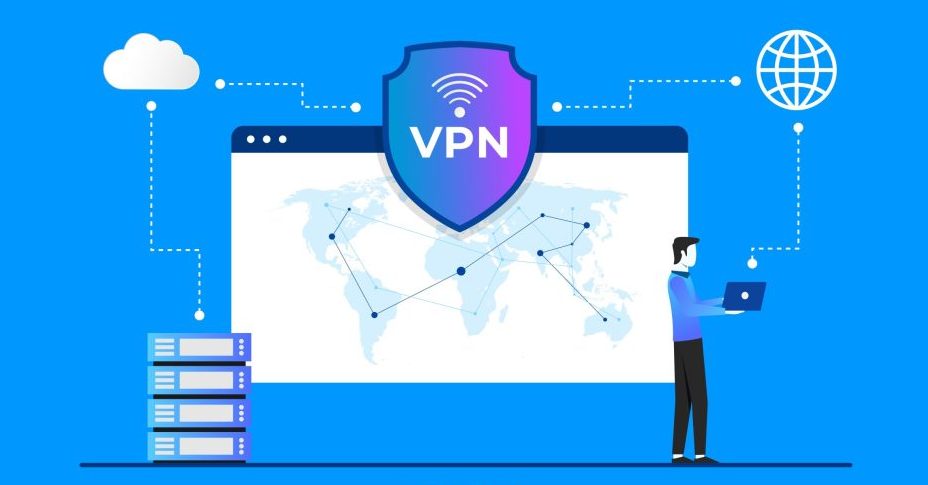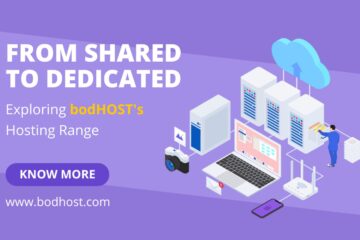Using VPNs has become increasingly popular in recent years as more people seek to protect their privacy and security online. VPNs route your internet traffic through an encrypted tunnel, hiding your IP address and preventing snooping by hackers, internet service providers (ISPs), or government surveillance.
While there are many excellent paid VPN services available, some people turn to free options to save money. However, free VPNs come with significant risks that can jeopardize your privacy rather than protect it. Here are the top reasons to avoid free VPN services.
Limited Features and Capabilities
Paid VPN services invest heavily in their infrastructure and features. They offer robust apps packed with privacy tools, provide access to thousands of high-speed servers worldwide, and have knowledgeable customer support teams.
In contrast, free VPNs cut corners to reduce costs. They typically have:
- Few server location options, which can slow your connection speeds
- Data caps that severely limit your monthly usage
- No customer support or help if you encounter problems
- Limited or no ability to unblock geo-restricted content like Netflix
Without full-featured apps and global servers, free VPNs deliver an unreliable, frustrating user experience.
Security and Privacy Risks
Protecting user privacy is an expensive endeavor that free VPN companies are often unwilling or unable to properly implement. This leads to major security issues:
Data logging and selling: Free VPNs need to profit somehow, so they collect and sell your personal usage data. One study found that 28% of free services sold user data to third parties.
Weak encryption: Around 18% of free VPNs don’t encrypt traffic at all, while others use outdated protocols vulnerable to hacking. This leaves your data exposed.
DNS/IPv6 leaks: Many free VPN apps contain leaks that expose your IP address and break your anonymity. You might as well not be using a VPN at all.
Malware infections: Over a third of free Android VPNs contain malware. Downloading free VPN browser extensions or apps is extremely risky.
Unscrupulous companies: Some free VPN providers have direct ties to authoritarian governments and share user data. You can’t trust who might have access to your information.
Slow Speeds and Buffering
To deliver free services, VPN providers must cut infrastructure costs wherever possible. This leads to overcrowded, underpowered servers that struggle with heavy user loads.
Expect agonizingly slow connection speeds that make browsing and streaming nearly impossible. Even loading simple web pages could take minutes, while streaming video may constantly buffer.
The bottom line is that free VPNs can rarely provide the speeds necessary for a smooth online experience. Their networks are overloaded and they throttle traffic to cut costs.
When Are Free VPNs OK to Use?
While free VPNs come with major drawbacks, they may be alright for basic, very limited usage such as:
- Accessing a website that is geo-blocked in your country once in a blue moon
- Quickly checking an email account while connected to public WiFi
For daily VPN needs, torrenting, streaming, remote work, and other bandwidth-intensive tasks, free VPNs are wholly inadequate. Their lack of features, privacy issues, slow speeds, and data limits make paid services the only viable option.
Paid Alternatives Are Affordable
Many excellent paid VPNs offer monthly plans costing just a few dollars. Considering their vastly superior performance, features, and privacy standards, this is an incredible value.
For example, NordVPN and Surfshark cost as little as $3 per month for multi-year subscriptions. For the price of a cup of coffee, you can gain peace of mind knowing your online activities are truly secure. Plus, reliable service providers like Surfshark also provide additional privacy features where you can create alternative ID and protect your real email address and other details.
The tiny price difference between free and paid VPNs is infinitely outweighed by the security and performance benefits. If you care about your privacy, paying a few dollars each month for a reputable VPN is a no-brainer.
Conclusion
Free VPN services tempt users with privacy protection at no financial cost. However, major security flaws, slow speeds, and extremely limited capabilities mean you get what you pay for. Free options put your data at risk and deliver an abysmal user experience.
For robust online privacy tools, global servers providing zippy speeds, and ironclad security protocols, choose a premium VPN like ExpressVPN or Surfshark. At just $3-15 monthly, their combination of affordability and quality can’t be matched by any free provider.
Your privacy is valuable – don’t let dubious free VPNs exploit it. Investing in a premium service gives you peace of mind knowing your sensitive data and online activities remain truly anonymous.



